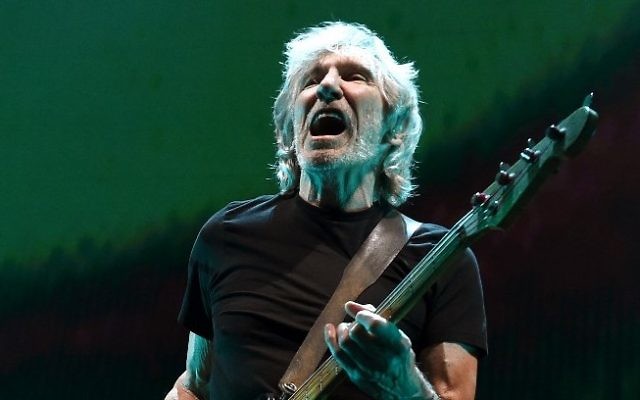
Waters’ first work of the Thatcher era, The Final Cut (1983), would be his last with Pink Floyd. Waters’ slide into partisan protest music didn’t begin in earnest until Margaret Thatcher became prime minister in May 1979. Even Waters’ rock opera masterpiece The Wall is only cryptically political in its opposition to war and portrayal of authoritarian cruelty.


But aside from an allusive and nondescript pacifism, politics were largely absent from Pink Floyd’s early psychedelic albums like Ummagumma (1969) and Meddle (1971).Īs he became the dominant force in the band and its music evolved into narrative “concept” albums, the politics were either personal or generically anti-corporate - “Welcome to the Machine” and “Have a Cigar,” for instance. Like most rock musicians of his generation, Waters was always a man of the left.

He has inscribed an indelible asterisk to his legacy, like Ezra Pound, the American poet who forever destroyed his reputation by joining the Italian fascists and becoming Mussolini’s favorite Jew-hating poet and regime propagandist.įor using his massive platform and considerable talents to broadcast antisemitism and artfully facilitate authoritarianism, Waters has become the Leni Riefenstahl of rock and roll, recalling the German actress and film director who emerged as a premier producer of Nazi propaganda. But over the last two decades, Waters shattered that aura, in the process revealing himself as a pseudo-intellectual antisemite, and more recently, an apologist for Vladimir Putin and the Chinese Communist Party. The members of Pink Floyd, like their music, were shrouded in an aura of mystery in the pre-social media days, and they seldom gave interviews. Unfortunately, Waters has spent the better part of the last 20 years forcing us all to meet him, and oh what a disappointment it has been. And I have always believed that the man who wrote most of Dark Side of the Moon (1973), Wish You Were Here (1975), Animals (1977) and the Wall (1979) is one of the great composers of the 20th century. While I never actually thought of Waters as a hero, I was one of millions of teenagers in the 1970s who loved Pink Floyd. Marcel Proust’s advice that people never meet their heroes lest they be disappointed fits to a T the Pink Floyd co-founder and erstwhile recluse Roger Waters.


 0 kommentar(er)
0 kommentar(er)
